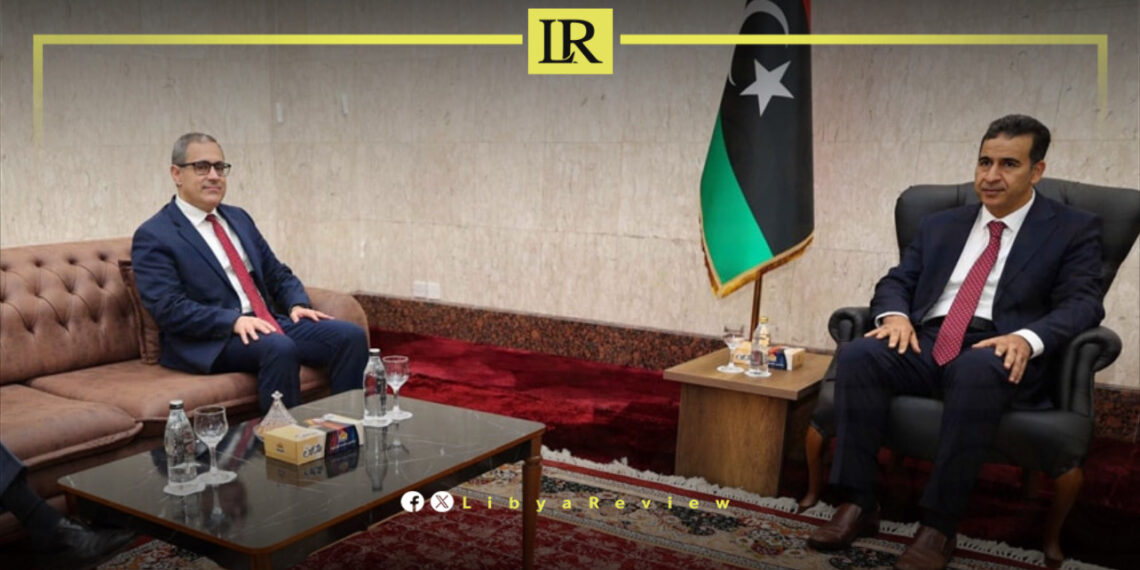On Thursday, the Deputy Speaker of Libya’s Parliament, Fawzi Al-Nuwairi, strongly criticized what he describes as U.S. interference in Libya’s financial matters, calling it an infringement on the country’s sovereignty.
In a statement, Al-Nuwairi expressed his disapproval of the U.S. Embassy’s involvement in imposing financial measures on Libya, which he views as a violation of national laws and international agreements.
Al-Nuwairi emphasized that the country’s budget and financial arrangements are sovereign issues, with decisions needing to be made exclusively by Libya’s legislative authorities. “External pressure to implement financial arrangements is not only illegal but also undermines the principle of non-intervention, a cornerstone of any nation’s sovereignty,” he said.
He stressed that Libya’s financial laws clearly dictate that an approved budget, decided by the legislative body, must be transparently and fairly allocated for the benefit of all Libyans through a single, unified government. Al-Nuwairi warned that any attempt to create parallel financial frameworks would only deepen Libya’s political divisions and perpetuate instability.
He also expressed frustration with what he called “suspicious meetings” between foreign actors and Libyan institutions, specifically criticizing the role of the Central Bank of Libya (CBL). According to Al-Nuwairi, the CBL is a technical institution meant to manage monetary policy, not a political body. He cautioned that changes to Libya’s financial arrangements, including potential shifts in the exchange rate, pose significant risks to the national economy and could further weaken the Libyan dinar.
Al-Nuwairi urged the governor and deputy governor of the CBL to focus on their primary responsibilities—managing Libya’s monetary policy—without the influence of foreign embassies. He called for the Central Bank to remain independent, warning that external involvement could jeopardize the integrity of Libya’s financial system and push the country toward greater political and economic fragmentation.
The Central Bank of Libya, which controls the country’s oil revenues, has been a focal point in the power struggle between Libya’s rival governments. Foreign governments have called for reforms in how the Central Bank operates to prevent further mismanagement and ensure stability. However, these interventions have sparked fierce opposition from Libyan officials who see them as overstepping the bounds of international diplomacy.


